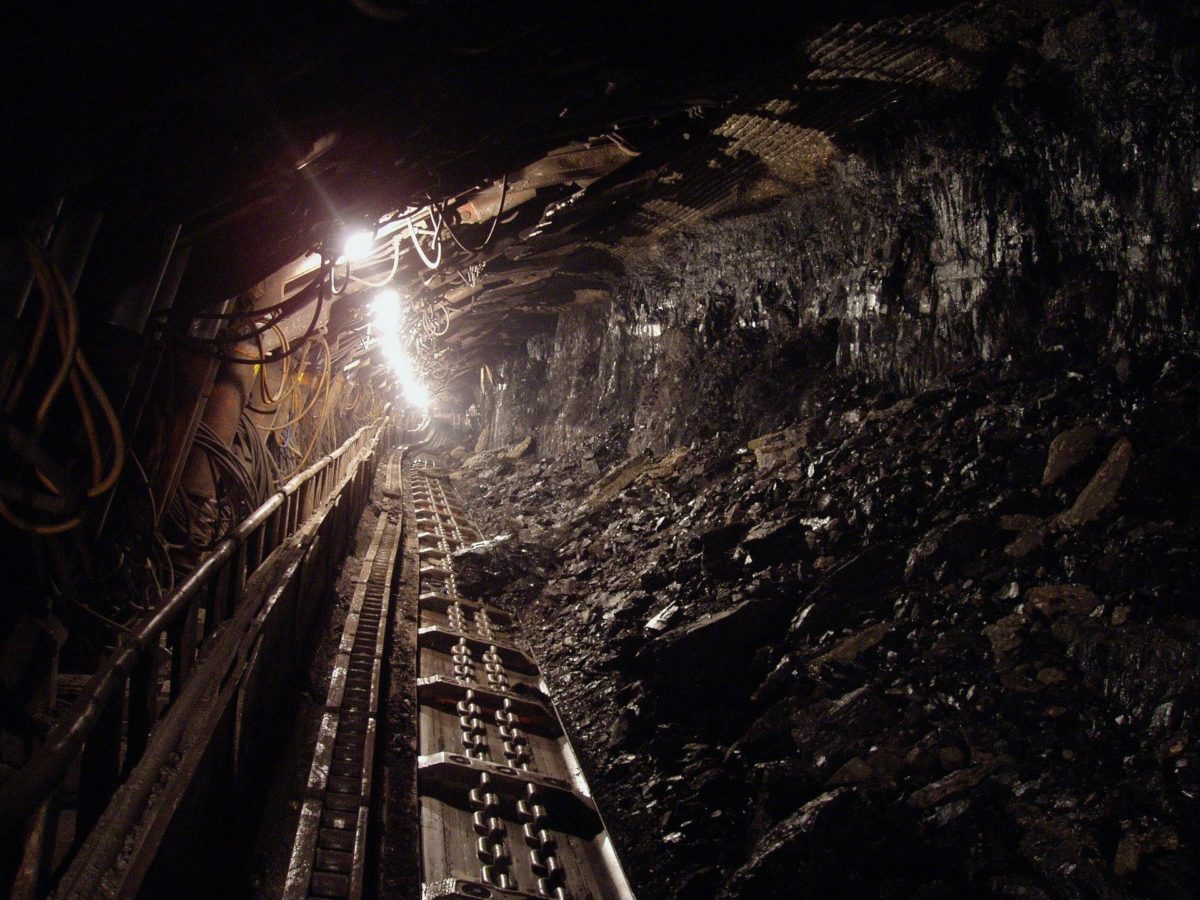A coalition of private-sector, renewables-focused businesses has drafted guidelines for the transition from coal to clean energy in South Africa.
The A Just Energy Transition in South Africa study published by the European RES4Africa group, studied similar strategies in five other nations and noted the importance of South African policymakers ensuring the new jobs generated by solar projects should be located in the nation's currently coal-dependent regions.
Noting the energy transition in the U.S. could exacerbate geographical economic disparities because of the same problem, the RES4Africa report pointed out the Mpumalanga province in the north east of South Africa hosts 80% of the nation's coal-power plants but the vast majority of the solar projects developed and planned to date are far to the south and west, in the north, east and Western Cape areas.
The Integrated Resource Plan (IRP) drawn up by the government last year envisages 6 GW of new large scale solar generation capacity and 4 GW of solar rooftops by 2030 on top of the 814 MW of capacity already under construction. With areas of Mpumalanga such as the municipalities of Steve Tshwete and Emalahleni likely to be heavily affected by IRP plans to shutter 11 GW of coal-fired power plant capacity, it is vital policy makers incentivize renewables developers to target coal regions, stated the RES4Africa report, noting the nation has a 29% unemployment rate and a 53% youth jobless figure.
Solar potential
The report, compiled by the European private-sector body with South Africa's state-owned Council for Scientific and Industrial Research and London-based sustainability consultant Environmental Research Management, said studies using RetScreen software had indicated Mpumalanga offered plenty of solar resource for PV project development, although it was less promising for wind farms.
RES4Africa estimated 81,454 direct jobs would be created by the solar plans envisaged under the IRP up to 2030, related to construction and operations and maintenance activity. With the national energy strategy stipulating 24% of the solar panels used must be made in South Africa, along with 36% of the inverters, a further 81,161 indirect positions could be anticipated. The RES4Africa study also mentioned 90,001 ‘induced' roles would be created, although it was not immediately clear what sort of jobs that referred to.
Other recommendations included a legislative framework for skills development and training in the areas affected, with the Minerals Council of South Africa – which currently focuses on mining skills – ideally placed to play a leading role, along with universities and technical and vocational colleges. Any policy should have concrete, realistic targets and timescales, said the study.
A ‘Just Transition' fund, such as the €40 billion put aside by the German government for coal-dependent communities, would also need to be established, pointed out the report, which noted the economic travails of South Africa, worsened by the Covid-19 pandemic, might mean third-parties including private sector bodies would have to step in and help foot the bill.
The report considered the lessons learned from the energy transitions under way in Germany, India, Poland, Romania and the U.S., although the tough economic picture facing South Africa was illustrated by economic metrics which saw it trail far behind the other nations by most comparisons, India excepted. For example, South Africa was ranked lowest among the six nations on the Human Development Index and its unemployment rate was considerably higher than the next worst nations studied – Poland and Romania – which had rates of 5.1%, according to RES4Africa.
India
The case studies presented indicated the potential social pitfalls of the switch to renewables, with India, which introduced no skills training policy dedicated specifically to the issue, according to the study, needing to scale up its December 2019 solar capacity of 34 GW almost 30 times, to 960 GW, to generate enough jobs to replace its mining roles. Each shuttered coal mine in India, stated the report, would require 2 GW of new solar. The problem was also hinted at in more prosperous Germany, where it was noted a lot of the unemployment reabsorbed from shuttered coal facilities in the Ruhr region was down to the local steel industry, rather than clean energy positions.
The failing business case of coal, rather than environmental ideals had kick-started moves away from the fossil fuel in Poland, Romania and the U.S., stated the report, which contrasted the clean energy policies of former U.S. president Barack Obama with the coal fightback under Donald Trump, the question about the presence of strong energy transition policies prompting the telling response: “Not recently.”
RES4Africa is a private-sector body focused on the energy transition in Africa. Its founder members include London-based professional services firm pwc, German wind turbine manufacturer Siemens Gamesa and Italian grid operator Terna and compatriot bank Intesa Sanpaolo, plus the renewables division of energy company Enel.
This content is protected by copyright and may not be reused. If you want to cooperate with us and would like to reuse some of our content, please contact: editors@pv-magazine.com.




5 comments
By submitting this form you agree to pv magazine using your data for the purposes of publishing your comment.
Your personal data will only be disclosed or otherwise transmitted to third parties for the purposes of spam filtering or if this is necessary for technical maintenance of the website. Any other transfer to third parties will not take place unless this is justified on the basis of applicable data protection regulations or if pv magazine is legally obliged to do so.
You may revoke this consent at any time with effect for the future, in which case your personal data will be deleted immediately. Otherwise, your data will be deleted if pv magazine has processed your request or the purpose of data storage is fulfilled.
Further information on data privacy can be found in our Data Protection Policy.